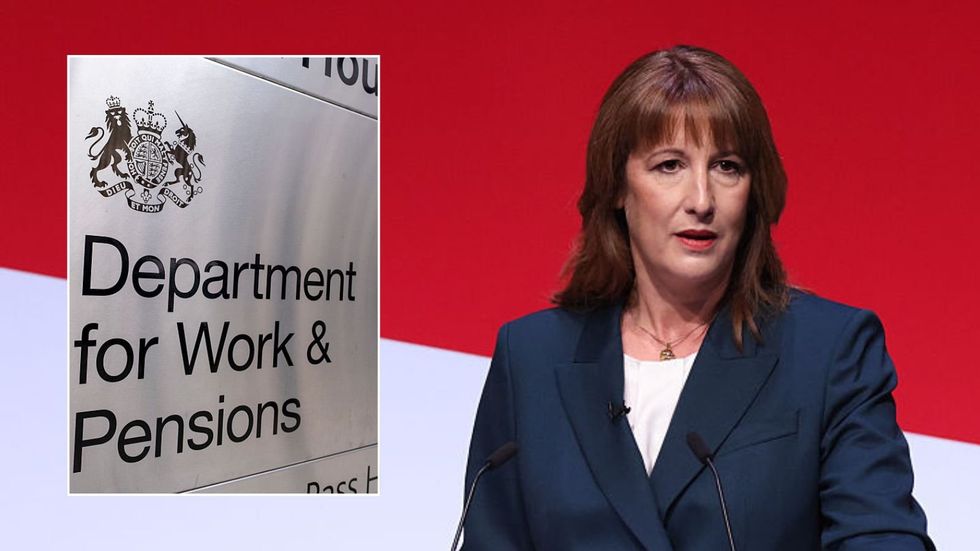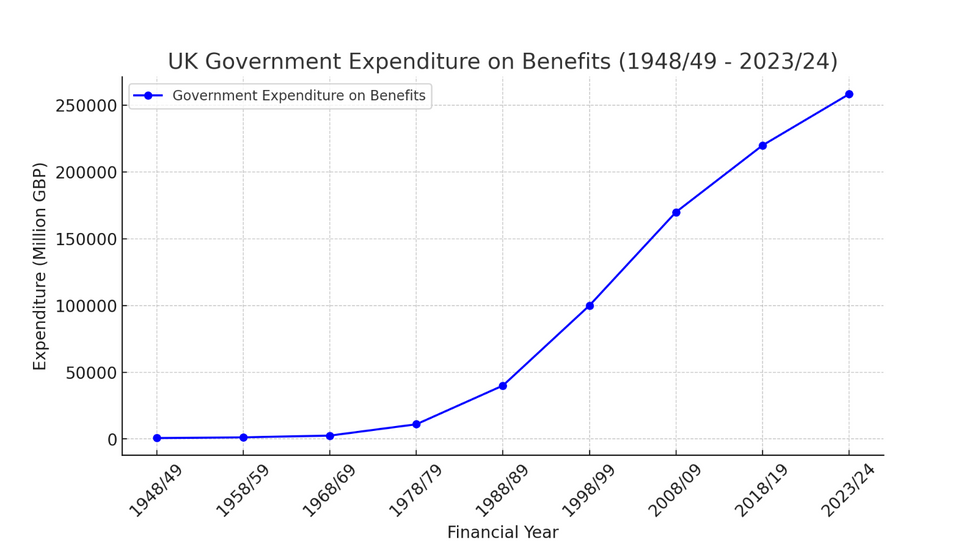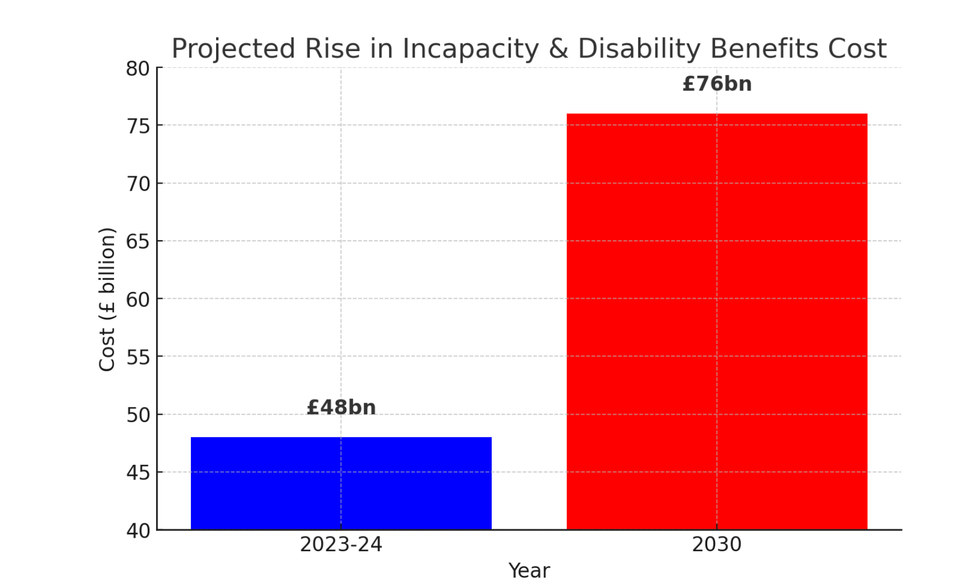DWP overhaul could save economy £3bn a year and 'fix broken benefits system' - what you need to know

The IFS has analysed plans to combine DWP benefits in an effort to cut spending on the welfare state
Don't Miss
Most Read
Latest
A major overhaul of unemployment benefit payments from the Department for Work and Pensions (DWP) could deliver annual savings of up to £3 billion for the Treasury, according to fresh analysis from the Institute for Fiscal Studies (IFS).
The think tank's assessment examines Government proposals to combine Jobseeker's Allowance and Employment Support Allowance into a unified unemployment insurance scheme, which economists estimate could help Chancellor Rachel Reeves's attempts to bolster the economy.
The DWP's March green paper outlined ambitions to "fix the broken benefits system" through this consolidation.
While those searching for employment would receive substantially higher weekly payments under the new system, charitable organisations have expressed alarm about potential consequences for individuals with long-term health conditions who presently receive unlimited support.

A DWP overhaul could save the UK Government up to £3billion a year
|GETTY
The proposed unemployment insurance system would operate with time restrictions, contrasting sharply with the current arrangement where employment support allowance continues indefinitely for most recipients with health conditions.
Under existing rules, jobseekers receive £92.05 weekly for a maximum of six months, whilst those with health conditions affecting their work capacity obtain £140.55 through employment support allowance.
The new unified benefit would adopt the higher payment rate of £140.55, representing a substantial increase of nearly 53 per cent for jobseekers.
Work and Pensions Secretary Liz Kendall stated in March: "If you have paid into the system, you'll get stronger income protection while we help you get back on track."
 The UK government's expenditure on benefits has also increased over time, with the largest increase in 2020/21 due to the COVID-19 pandemic | ChatGPT
The UK government's expenditure on benefits has also increased over time, with the largest increase in 2020/21 due to the COVID-19 pandemic | ChatGPT Charitable organisations have cautioned against removing support from vulnerable individuals who depend on indefinite assistance.
However, Anvar Sarygulov fthe research grants and programme manager at the Nuffield Foundation, which funded the IFS research, issued a warning:.
He shared: "The Government needs to avoid pulling the rug out from under existing long-term claimants with health conditions by thinking carefully about the delivery and design of any transitional support."
The IFS calculations suggest a year-long unemployment insurance scheme would provide coverage for approximately 53 per cent of jobless individuals throughout their entire period without work, generating roughly £2billion in annual savings.
A six-month version would produce greater savings of approximately £3 billion yearly.
The IFS research highlights Britain's comparatively modest unemployment support when measured against European standards.
LATEST DEVELOPMENTS:
 The cost of incapacity benefits is set to skyrocket over the next five years | ChatGPT
The cost of incapacity benefits is set to skyrocket over the next five years | ChatGPTMartin Miklos, the research economist at IFS and report co-author, noted: "Most European countries pay unemployment insurance benefits for 12 months or more."
He emphasised that even a year-long unemployment insurance programme would generate fiscal savings whilst addressing longstanding issues with contributory benefits.
"Their design has been neglected for many years and it is high time they were modernised, not least so that they work better alongside the rest of the benefits system," Mr Miklos said.
The think tank cautioned that budgetary savings would emerge more gradually if reforms applied solely to new claimants.










